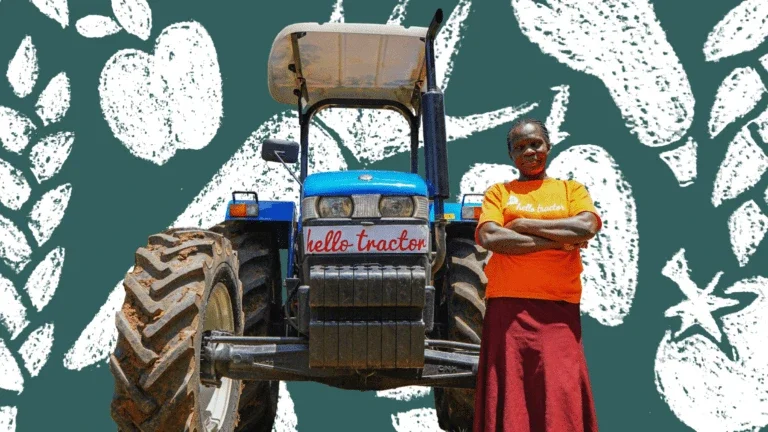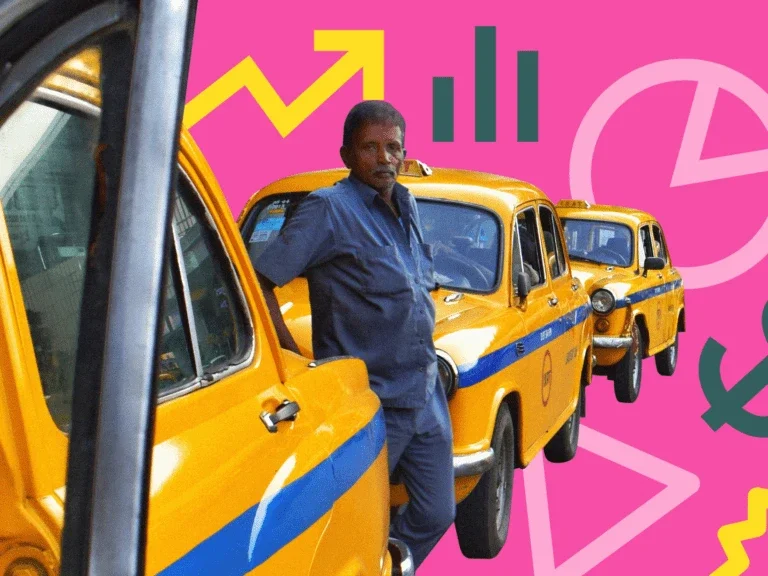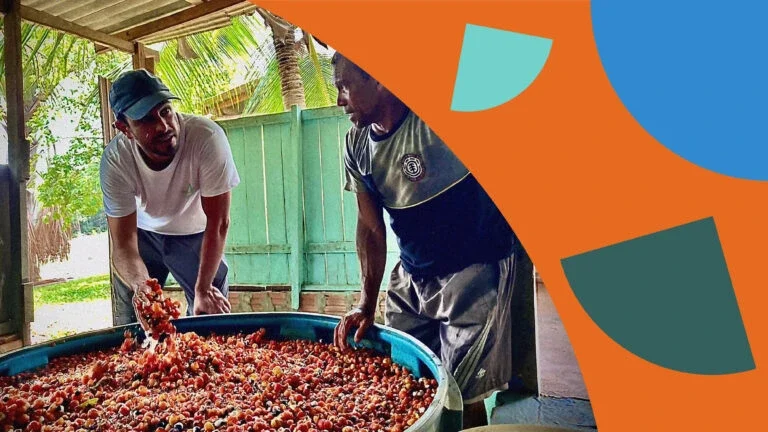The Right Kinds of Data and Modeling Methods
In talking about this work, I’m often met with the misconception that a massive amount of data can solve any problem. In fact, it is all about the right kind of data and modeling methods.
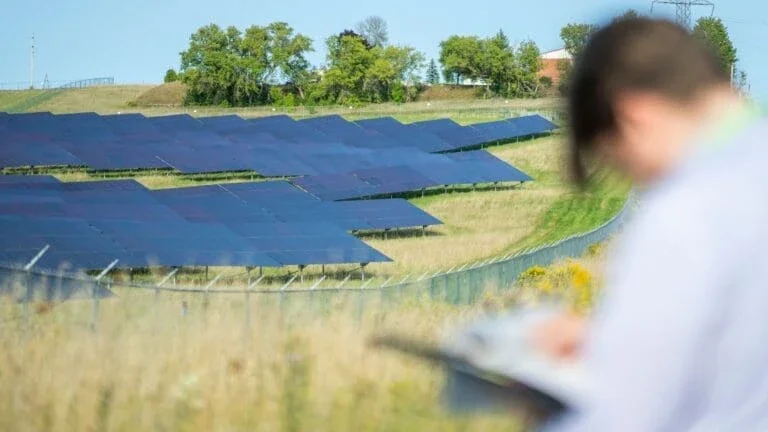
For the last 110 years, The Rockefeller Foundation has pushed scientific frontiers to tackle and solve our biggest challenges, with a core emphasis on being both equitable and data-driven. This focus has deeply defined the work of my team.
At Atlas AI, we demonstrate our commitment to equity by providing timely, granular human development data...Our work ensures every community, regardless of size or location, is included in the global narrative of progress.
Abe TarapaniCEO, Atlas AIFew things in this country are as fundamental as pouring a glass of water from your kitchen tap and trusting it's safe to drink. I am proud to work with a team of engineers, policy and data analysts, and governance experts to ensure America's next water crisis doesn’t happen.
Maureen CunninghamChief Strategy Officer & Director of Water for Environmental Policy Innovation CenterWe embody equity in the day-to-day operations of our globally distributed team, and in working alongside customers and partners to support their inclusive growth agenda – no matter their industry or country of focus.
Vivek SakhraniVice President, Data & Analytics, Atlas AIWe are proud to partner with local and indigenous communities to empower them with data-driven tools. We aim not just to democratize access to data, but to democratize access to decision-making, which is the key to equitable outcomes.
Glen LowCo-Founder and Strategy Lead, Earth Genome
Featured Content
- FEATURE
Sheroes of Sustainability at the Forefront of Climate Action
The quarter's online magazine centers on women across the globe making headway in the climate crisis fight.
SEE MORE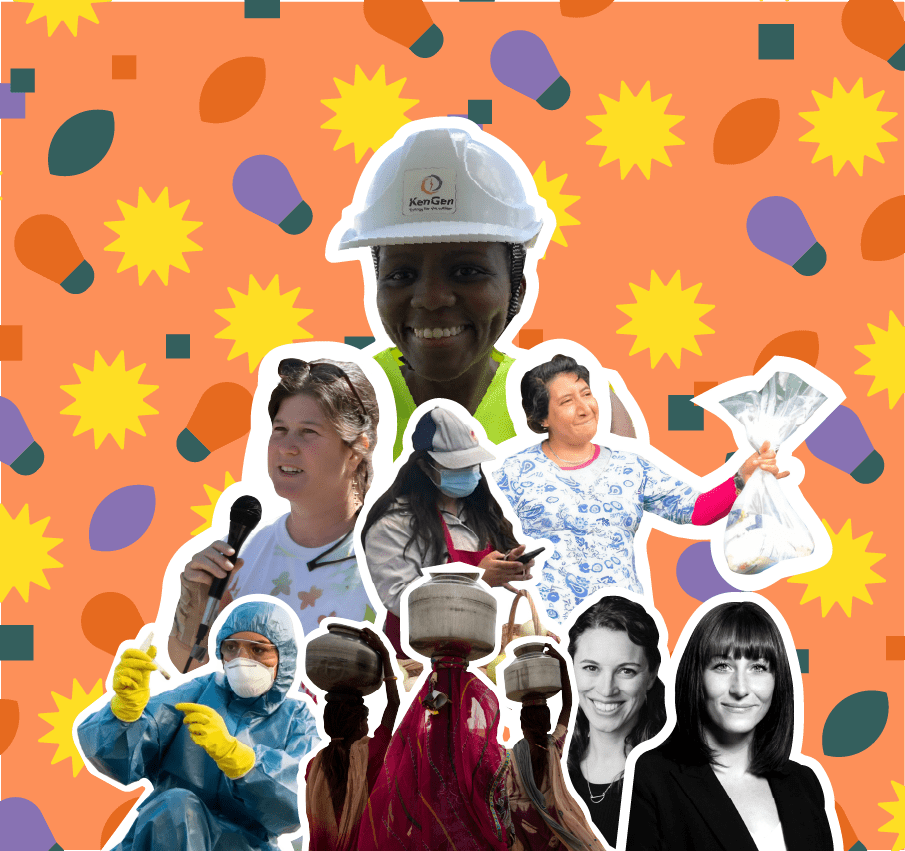
Read More
Read more stories from Innovation grantees.

